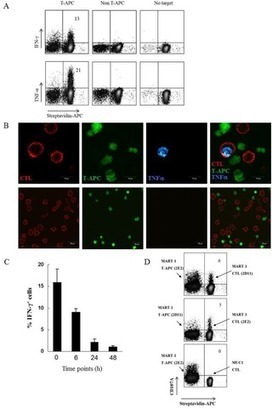Immunology and Cell Biology
Abstract
Thymus-derived regulatory T cells (Tregs) are considered to be a distinct T-cell lineage that is genetically programmed and specialised for immunosuppression. This perspective is based on the key evidence that CD25+ Tregs emigrate to neonatal spleen a few days later than other T cells and that thymectomy of 3-day-old mice depletes Tregs only, causing autoimmune diseases. Although widely believed, the evidence has never been reproduced as originally reported, and some studies indicate that Tregs exist in neonates. Thus we examine the consequences of the controversial evidence, revisit the fundamental issues of Tregs and thereby reveal the overlooked relationship of T-cell activation and Foxp3-mediated control of the T-cell system. Here we provide a new model of Tregs and Foxp3, a feedback control perspective, which views Tregs as a component of the system that controls T-cell activation, rather than as a distinct genetically programmed lineage. This perspective provides new insights into the roles of self-reactivity, T cell–antigen-presenting cell interaction and T-cell activation in Foxp3-mediated immune regulation.
Via Krishan Maggon



 Your new post is loading...
Your new post is loading...










Immunology and Cell Biology advance online publication 28 July 2015; doi: 10.1038/icb.2015.65
Controversies concerning thymus-derived regulatory T cells: fundamental issues and a new perspectiveOPEN
Masahiro Ono1,2 and Reiko J Tanaka3
1Department of Life Sciences, Faculty of Natural Sciences, Imperial College London, London, UK2Immunobiology Section, Institute of Child Health, University College London, London, UK3Department of Bioengineering, Imperial College London, London, UKCorrespondence: Dr M Ono, Department of Life Sciences, Faculty of Natural Sciences, Imperial College London, Room 605, Sir Alexander Fleming Building, South Kensington Campus, Exhibition Road, London SW7 2AZ, UK. E-mail: m.ono@imperial.ac.uk
Received 29 December 2014; Revised 5 June 2015; Accepted 9 June 2015
Advance online publication 28 July 2015